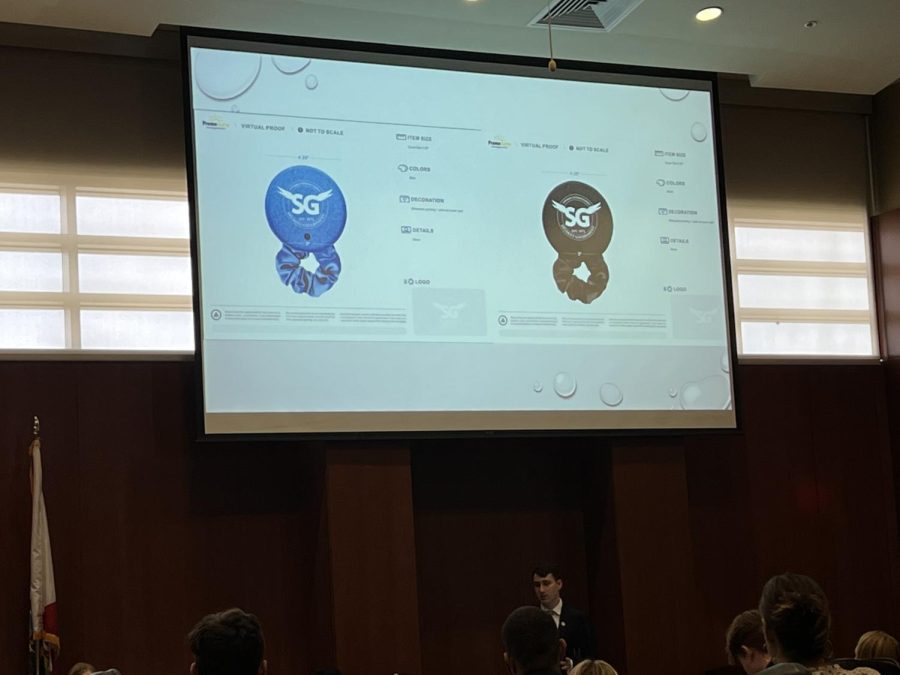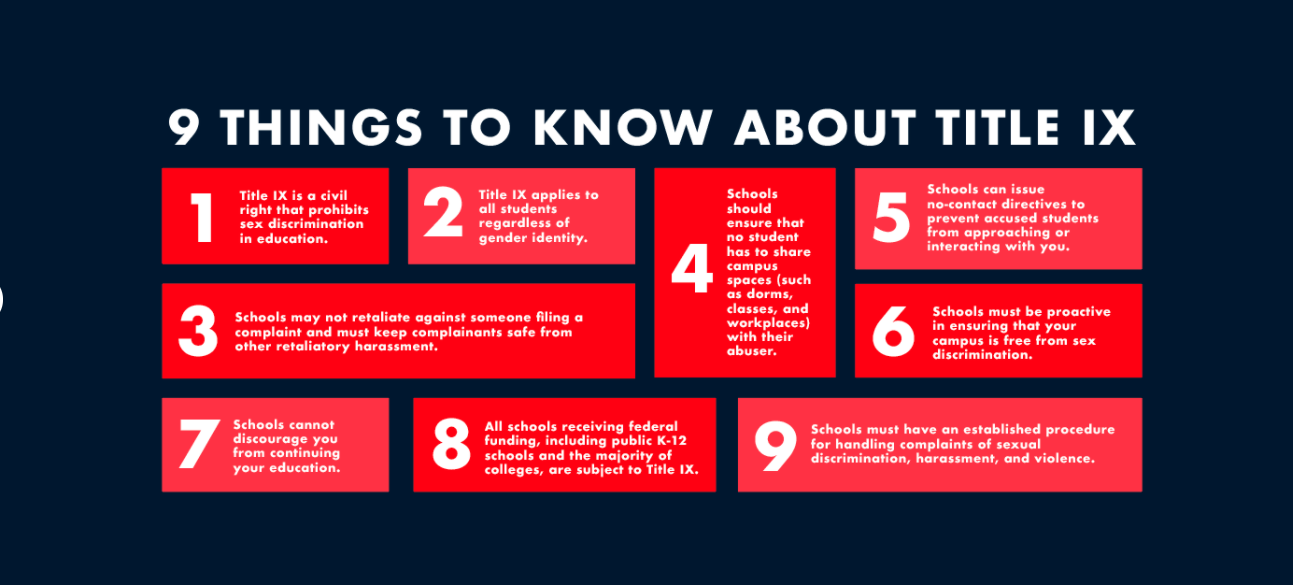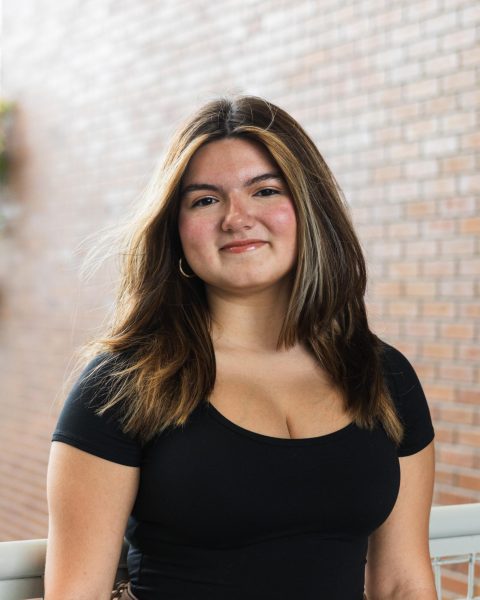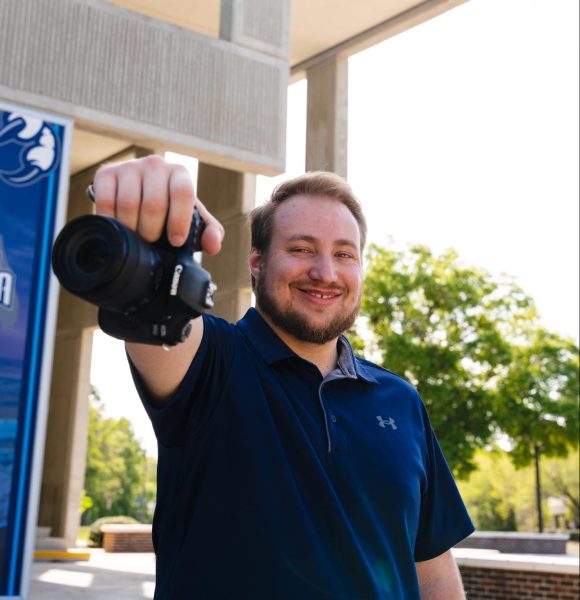Women attending college between the ages of 18-24 are three times more likely to be sexually assaulted than women in general, according to the Rape, Abuse & Incest National Network. During this period at the beginning of the school year, young and inexperienced students are especially susceptible.
The University of North Florida hosted its third annual panel on Sep. 6 to discuss what this period of time has been coined: the Red Zone—a heightened time of sexual assault on college campuses occurring from the beginning of the Fall semester to Thanksgiving break.
UNF hosts this panel every year to educate students, answer their questions about safety measures and advise them on how to properly report to the authorities.
Many new students get to college and are excited to go to parties, experiment with alcohol and drugs, and start dating. However, without proper safety precautions, students can sometimes find themselves in dangerous situations, especially those who didn’t engage in these activities during high school.
Several UNF students were on the panel, offering advice on how to stay safe when attending social events and meeting new people. They recommended that students avoid alcohol. However, if students choose to consume it, they should not drink anything out of a common-source container or accept a drink from someone they don’t know.
Last year, UNF’s Student Government introduced Nightcaps to campus, a reusable device used to cover drinks. Students can use products like that to keep drinks covered, but the panelists recommended that students keep their drinks in sight at all times.

Oscar Berry, a UNF junior on the basketball team, also advised students to go out with groups of people they trust and make sure everyone leaves with those same people.
“Whoever you go out with is who you come home with,” said Berry.
Students walking alone at night can carry pepper spray and use the blue lights on campus if they ever feel unsafe. When the buttons on the blue light poles are pressed, students are immediately connected with the University Police Department and their location is shared, according to UPD Deputy Chief Adam Brown.
For students wanting to learn more, bystander intervention training will be hosted Sep. 28 at 6 p.m. in room 3805 of the Student Union as this year’s final Red Zone event.
Those looking to report a sexual assault at UNF can contact the UNFPD by phone, email or in person.
“As far as what holds people back, I think there’s a few things,” Brown said. “We know that not everybody is going to be comfortable coming in and talking to a law enforcement officer in uniform. I also believe that, in some people’s minds, they think there’s going to be a stigma, they’re embarrassed, some people don’t want their parents to find out.”
While students are encouraged to report, those not looking to involve law enforcement are encouraged to reach out to confidential support systems on campus such as the Counseling Center, Student Health Services or the Victim Advocacy Program at the Women’s Center. They can also report incidents directly to Title IX on UNF’s website here.

Student Ombudsman Thomas Van Schoor noted that a student ombudsman is a confidential resource in most states, they are legally required to report sexual crimes in Florida.
The panelists also discussed warning signs to recognize in peers who could be struggling after experiencing sexual assault.
Alana Rollins, an on-campus mental health counselor, said to look out for friends who are withdrawn or behaving abnormally. This could include changes in eating habits, lack of interest in things they used to enjoy, or increased drug or alcohol use.
Most resources on campus for sexual assault survivors remain completely confidential. Even if you notice something wrong or a friend informs you of a sexual assault, it’s important to respect their boundaries, according to one of UNF’s women’s health nurse practitioners Amy Howell.
“If you think that they need help, we can try to find an avenue for resources for them, but it’s always up to them whether or not they report. There are many, many survivors who never report, and that has to be honored and respected.”
To watch the full panel, visit here or view the video below.
___
For more information or news tips, or if you see an error in this story or have any compliments or concerns, contact editor@unfspinnaker.com.









